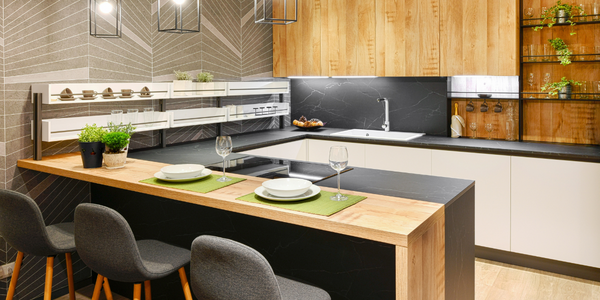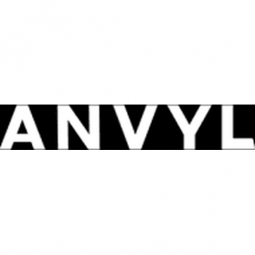Download PDF
Brooklinen powers their production process with Anvyl
Technology Category
- Analytics & Modeling - Predictive Analytics
- Functional Applications - Enterprise Resource Planning Systems (ERP)
- Platform as a Service (PaaS) - Data Management Platforms
Applicable Industries
- Consumer Goods
- E-Commerce
Applicable Functions
- Procurement
Use Cases
- Inventory Management
- Predictive Replenishment
- Supply Chain Visibility
Services
- System Integration
- Training
The Challenge
Brooklinen, a leading e-commerce disruptor in the home essentials industry, needed an operational framework that could scale as they planned to expand their product offerings into new stores and regions. They required a system to streamline and automate their processes, centralize their data, and provide better visibility into the status of their goods. After raising a Series B of $50 million in March 2020, the company was poised for growth but needed the right tools to support this expansion.
About The Customer
Brooklinen, based in Brooklyn, NY, is a prominent e-commerce company specializing in home essentials. Known for offering luxury-grade linens at accessible prices, Brooklinen has disrupted the overpriced and overcomplicated home essentials market. With a revenue of $100 million and a recent Series B funding of $50 million, the company is on a growth trajectory, aiming to scale its product offerings and expand into new markets. Brooklinen's commitment to quality and affordability has earned it a loyal customer base and a strong market presence.
The Solution
Brooklinen chose Anvyl over an ERP system to centralize their production data and enhance collaboration with suppliers. The Anvyl platform provided immediate value through data centralization, offering greater visibility and real-time access to purchase order information. The platform's built-in automation and intelligence features, such as task automation, follow-up reminders, and supply chain reports, streamlined their operations. Additionally, the supplier collaboration portal facilitated seamless communication, even allowing updates via email without requiring suppliers to log in. This comprehensive solution enabled Brooklinen to develop a robust structure, process, and workflow, significantly improving their supply chain efficiency.
Operational Impact
Quantitative Benefit
Related Case Studies.
.png)
Case Study
Improving Vending Machine Profitability with the Internet of Things (IoT)
The vending industry is undergoing a sea change, taking advantage of new technologies to go beyond just delivering snacks to creating a new retail location. Intelligent vending machines can be found in many public locations as well as company facilities, selling different types of goods and services, including even computer accessories, gold bars, tickets, and office supplies. With increasing sophistication, they may also provide time- and location-based data pertaining to sales, inventory, and customer preferences. But at the end of the day, vending machine operators know greater profitability is driven by higher sales and lower operating costs.

Case Study
Series Production with Lot-size-1 Flexibility
Nobilia manufactures customized fitted kitchens with a lot size of 1. They require maximum transparency of tracking design data and individual processing steps so that they can locate a particular piece of kitchen furniture in the sequence of processes.

Case Study
American Eagle Achieves LEED with GE LED Lighting Fixtures
American Eagle Outfitters (AEO) was in the process of building a new distribution center. The AEO facility management team decided to look at alternate options for lighting layout that could provide energy and maintenance savings. AEO would need a full-time maintenance employee just to replace burned-out fluorescent tubes.

Case Study
Revolutionizing Rodent Control
From pet- and child-safe traps, to touch-free and live-catch rodent control solutions, Victor continues to stay committed to producing superior products that meet the varying needs of today’s pest control professionals. And, with a long standing history supporting customers in the food processing, service, and retail settings, Victor knew that strict regulations were costing organizations thousands of dollars in excess overhead trying to manage their rodent-control solutions. Trap inspections in these environments are often difficult and time consuming, requiring personnel to manually check a trap’s status multiple times per day, amounting to over six hours of manual labor. Victor is looking for an innovative way to increase operational efficiencies with the use of technology.







